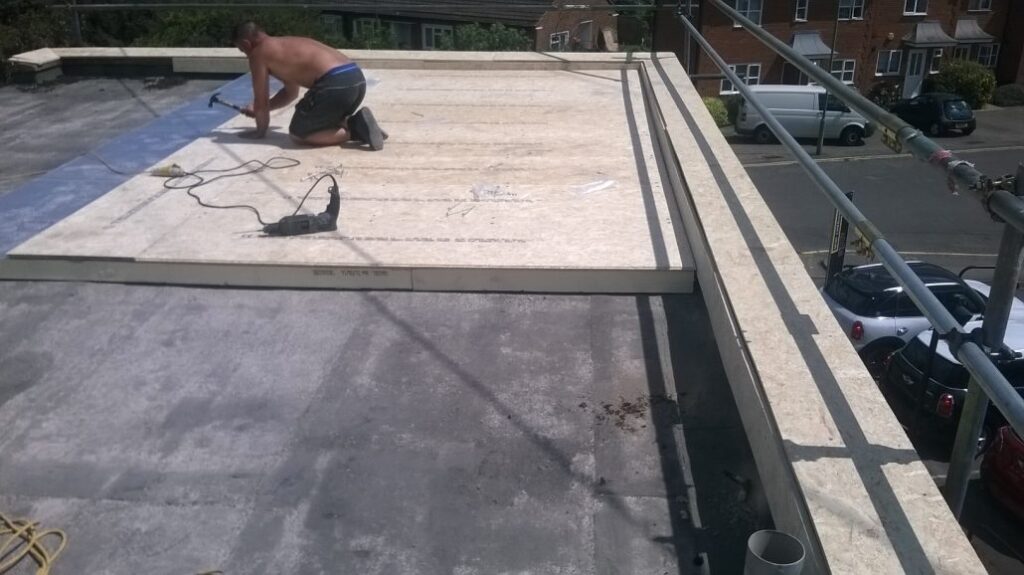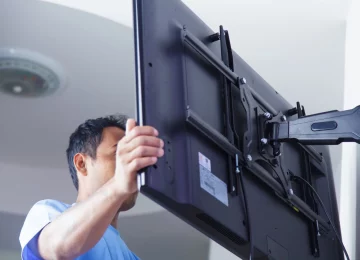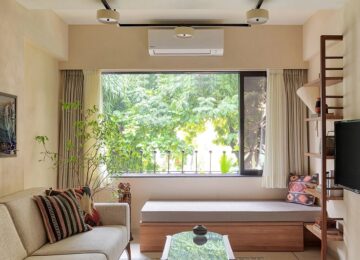Ever felt uncomfortably hot indoors on a summer day, even with the AC running? This could be an impact of roof heat damage.
New Jersey summers bring extreme sun and heat that do more than make you sweat. They can seriously damage your flat roofs. Direct sunlight induces roofing materials to heat up fast, often far hotter than the air around them.
However, flat roofs that acquire too much heat stress their materials. Over time, this leads to several damages that can impact both the roof’s integrity and your comfort and, if left unaddressed, lead to underlying issues.
One heat-related roof damage is thermal expansion and contraction. Roofing materials absorb high temperatures, expand during the day, and contract once temperatures drop at night. When materials have varying expansion rates or are tightly bound, this repeated stress can cause cracking, warping, or seam separation over time, especially in poorly insulated flat roofs.
Blisters or soft, bubbled areas on the membrane are key signs of a roof’s damage. They typically appear when moisture or gases are trapped or expanded beneath the roof membrane due to heat. These could not only disrupt the roof surface but also suggest weak adhesion and an increased risk of water intrusion and interior deterioration.
Moreover, some synthetic materials, like ethylene propylene diene monomer (EPDM), are used on flat roofs. Once left under prolonged sun exposure, this can cause the roof membrane to shrink or contract, pulling away from seams and edges. Shrinking membranes are more vulnerable around flashings and penetrations.
Water pooling is another indication of heat damage. New Jersey’s sudden downpours can overwhelm flat roof drainage, especially when heat has softened the surface. Hence, flat roofs become vulnerable to water accumulation, harming the membrane and adding extra weight that strains the roof structure.
Regular heat exposure in New Jersey can severely impact flat roofs, suggesting the importance of consulting a structural engineer New Jersey to assess roof integrity under thermal stress. Scheduling a commercial building inspection NJ is also necessary to catch roof issues and prevent them from worsening over time.
Curious how New Jersey’s summer heat affects flat roofs? Check out thisinfographic from Lockatong Engineering.












